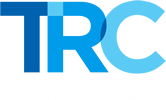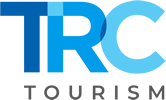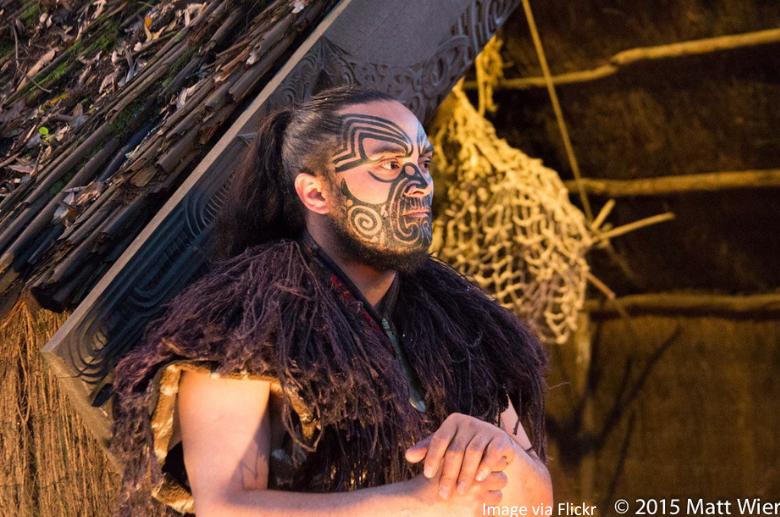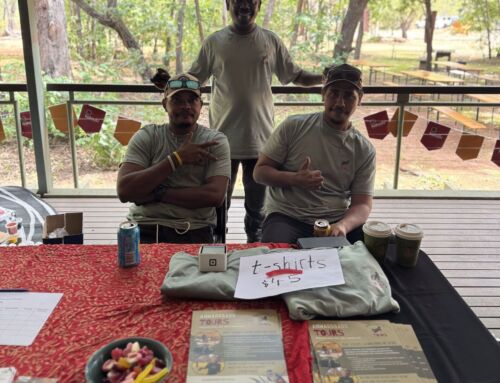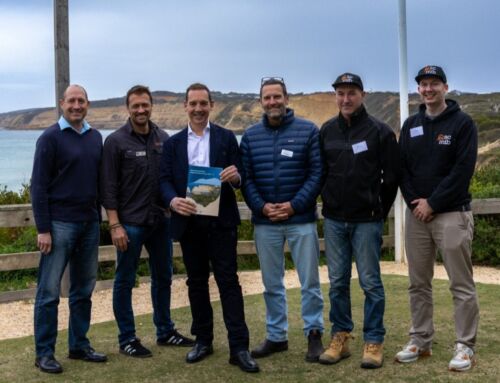Effective and purposeful engagement with Iwi is imperative to the success of many projects and partnerships throughout Aotearoa, New Zealand. TRC Senior Consultant, Kylie Ruwhiu-Karawana is often asked to assist clients with building mutually beneficial relationships with Iwi.
Kylie is speaking on the Power of Purposeful Engagement with Iwi at the Ngā Haerenga New Zealand Cycle Trails Forum in Wellington this month. During her three decades of work in the tourism industry, many of which have been working with Māori to embrace tourism as an economic enabler, Kylie has identified three steps in the engagement process that can help significantly.
- It’s all about the timing
Effective engagement can only be achieved if it is done in a timely fashion. If you are working on a trails concept, or a destination plan or even looking to further develop a region’s unique selling point. Timely engagement with iwi in the region can help to lay the foundations for success. This engagement needs to happen in the formation stages of the project itself. Coming to iwi halfway through the project does not allow for co-partnership principles to be developed and modelled throughout. Discussing a finished project with iwi and talking about how they can add value to what has already been developed, will not deliver the positive results sought. This can, in fact, have the opposite effect and lead to distrust and negative impacts on relationships within the region.
- Multiple pōtae worn
Many individuals who work within iwi organisations, wear many hats. Which can mean that their ability to provide the attention and focus to a project may be impacted by other needs of their community. It is not that they believe what you are doing is not important. It is simply that when time is limited, projects and focus must be prioritised, and at times, the immediate social needs of their people will definitely outweigh anything else. It is important to recognise that this can happen, and engage early. Identify elements of the project or meetings that are critical to assist with planning, and keeping the project on track.
- Mana to Mana
Ensuring that engagement is at the same level of influence is also a step toward purposeful engagement with iwi. For Māori, this means that the discussions are held at a mana-to-mana level. If you want to speak to an individual who can make decisions within an iwi organisation, making that connection through someone who has a similar level of influence will ensure that progress can be made in a timely fashion.
As we look to the future, the economic potential of purposeful engagement with Māori is undeniable. Tourism, cultural exchange programs, and partnerships in various sectors can drive economic growth and create opportunities for all communities. The global fascination with our indigenous culture here in Aotearoa presents an exciting avenue for economic development that honours and respects the authenticity of Māori traditions.
Effective engagement with Iwi, Traditional Owners or any indigenous community can lead to enduring partnerships that can provide cultural, social, environmental, and economic benefits. The TRC team have a significant level of expertise and experience in working with indigenous communities around the world and we pride ourselves on building enduring relationships and partnerships in the communities we work in, that will last long after the project comes to an end.
